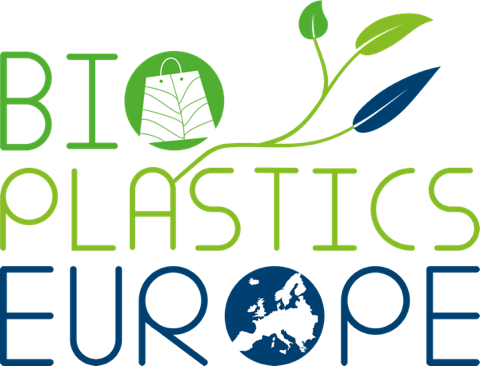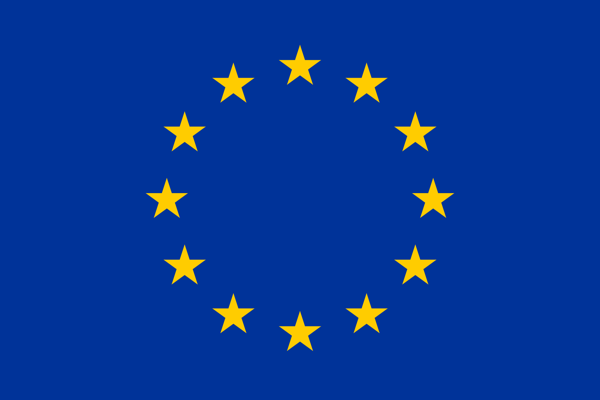Information for a broad audience - New handbook summarises the impact of bio-based and biodegradable plastics on existing waste management systems
By Žaneta Stasiškienė, Kaunas University of Technology (KTU), Lithuania

Many countries, both in the EU and elsewhere, are facing a situation where the awareness of the plastics problem is high, but behaviour change does not automatically follow, mainly due to different barriers: Perceived practicability and convenience in the consumption context, lack of knowledge on how to implement alternatives or lack of opportunities and strong habits often related to culture and a shift of responsibility. Therefore, these issues need to be approached in an interdisciplinary manner.
The project BIO-PLASTICS EUROPE addresses the topic of “Sustainable solutions for bio-based plastics on land and sea”. In the scope of this project, the handbook “On the impacts of bio-based and biodegradable plastics (and additives) on existing waste management frameworks” was developed with the goal of ensuring capacity building for the development of sustainable strategies and solutions for bio-based plastic products, as well as the development of approaches focused on circular innovation for the entire bio-based plastics system.
This handbook brings together several key topics related to bio-based and biodegradable plastics in one place for a broad audience of decision-makers at the national and regional levels, business representatives, scientists, and society. The topics covered include an introduction to the concepts of bio-based and biodegradable plastics, Life Cycle Assessment, and Circular Economy concepts, an analysis of the impact of bio-based, biodegradable, and compostable plastics on waste management technologies and systems, and an analysis of the legal and policy framework. Additionally, the most promising business cases from the project partner countries are provided.
In general, the handbook addresses several critical aspects of bio-based and biodegradable plastics and their effects on waste management systems:
- Growing Importance of Biopolymers: The handbook recognizes the rapid growth of biopolymers in the global plastics market, driven by concerns about plastic pollution. This growth highlights the increasing importance of sustainable alternatives derived from renewable sources.
- Circular Economy Integration: Properly designing waste management systems for bio-based products is emphasized as a way to integrate these materials into a circular economy. This approach promotes the reuse, recycling, and recovery of bio-based waste, reducing environmental impact and resource depletion.
- Waste Management Flexibility: The handbook underscores the versatility of bio-based biodcegradable plastics in waste management. They can be reused, mechanically or chemically recycled, organically recycled (composted), or used for energy recovery, allowing for flexible and sustainable end-of-life options.
- Environmental Concerns: It acknowledges the concern regarding incomplete degradation of bioplastics during waste management processes and the potential leakage into the environment. This highlights the need for improved waste management practices for these materials.
- Behavioural Barriers: The handbook recognizes that despite high awareness of plastic pollution issues, behaviour change can be challenging due to various barriers, including perceived convenience, lack of knowledge, and cultural habits. It emphasizes the need for interdisciplinary approaches to address these barriers effectively.
In summary, this handbook plays a crucial role in raising awareness, providing knowledge, and promoting sustainable practices related to bio-based and biodegradable plastics. It serves as a valuable resource for stakeholders across various sectors, facilitating informed decision-making and the development of strategies to mitigate the environmental impact of plastics while advancing the circular economy.
The handbook will be introduced for a wide audience , including decision-makers at national and regional levels, business representatives, scientists, and society as a whole. We hope what it will serve as a comprehensive resource to increase awareness and understanding of bio-based and biodegradable plastics. Who wants to know more: https://bioplasticseurope.eu/downloads/public-deliverables

